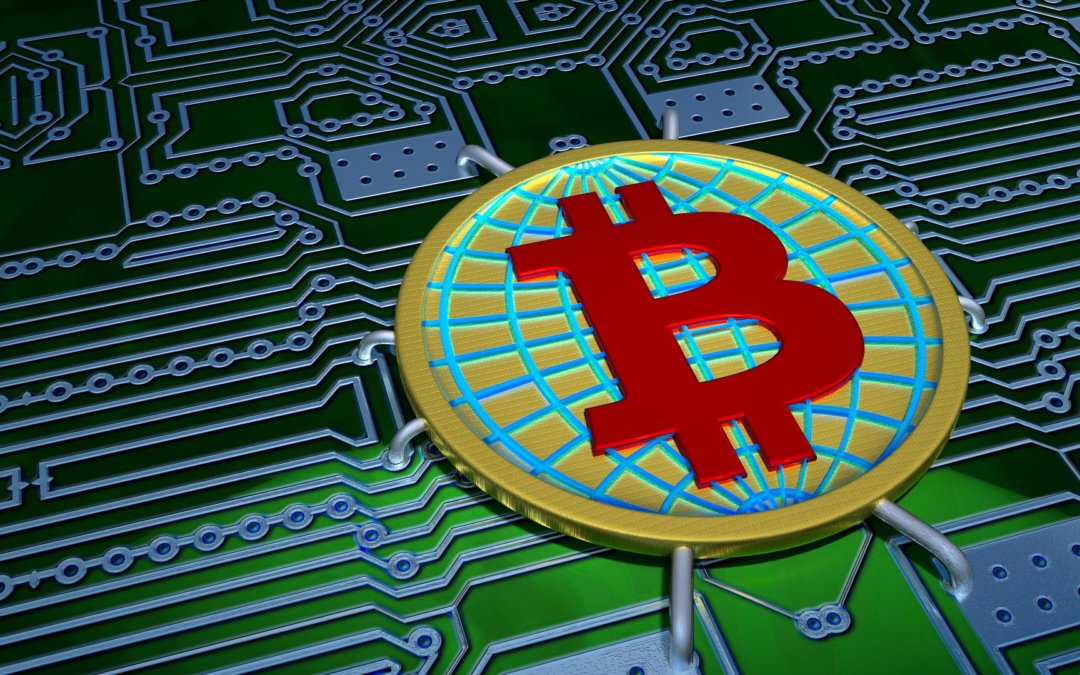I have lots of questions about Bitcoin. I also have a lot of strongly held beliefs about it. These opposing cognitive forces cause my view of Bitcoin to evolve as those smarter than I help inform my thinking.
Bitcoin will never be “money” as economists define it, given that it is a piss-poor medium of exchange or unit of account. Bitcoin can make a strong case as a store of value, at best. But if money is becoming “smart” maybe this isn’t much of an issue at all. In fact, maybe it is a feature of Bitcoin as a protocol for a financial system separated from “big business” and “big government.” When church and state were separated, that led to the Renaissance. If money and state are separated, we may see a Digital Renaissance.
I consider bitcoin to be a protocol of sorts. Something like TCP/IP or HTTP are for the transmission of information, but for money. When techies talk about protocols they often refer to a “stack.” For example, when discussing information exchange TCP/IP is at the lower end of the stack with HTTP being a protocol higher up on the stack and then an interface like WordPress or Google Forms being even higher on the stack. The lower levels of the stack, also referred to as “plumbing,” are more technical and geared toward hardware and chip processing instructions; higher on the stack are the “painting” layers which are geared toward human usability.
Now, while I consider Bitcoin to be a protocol for financial transactions, also often referred to as the “settlement rails” of an emerging digital financial (“DeFi”) ecosystem, it is still very much in development. The “rails” have to be laid before an economy can be built on this public infrastructure. That economy has not yet been built because we are still building the basic infrastructure. As I write this “digital cash” is still being invented which means that the design decisions made today will impact money for generations to come.
So, how can bitcoin’s lack of usability be a feature rather than a flaw? Well, as a non-sovereign, hard-capped, global, decentralized, open source, low level protocol we have the potential to build higher level protocols for digital cash and for units of account to create a combined stack that acts as money. Without higher-level protocols that have yet to be designed we do not yet have money, but that doesn’t mean that the lower level is somehow flawed.
My point is this: while economists tell us that money must have these three distinct functions (unit of account, store of value, medium of exchange) from the perspective of a digital protocol stack we are better served by each protocol doing just one thing very well. Each subsequent function on top of store of value must be on the same stack and thus linked in important ways. In other words, the bitcoin “ecosystem” will offer all three functions (eventually) even if the bitcoin protocol, alone, only solves for store of value. TCP/IP only offers a way to transfer packets of information, it doesn’t address higher level issues like user interface, secure sockets, and so on. But without it, none of these features could have been built.
While bitcoin will never be digital money in and of itself, it is the most likely form of digital store of value for a number of reasons well articulated in existing discussions on the subject. Unit of account will be different in each country as any cell phone app can convert from the Bitcoin “rails” to the local currency of choice for users to be able to do business in a unit that is familiar to them in their local economy. Similarly, digital cash for daily exchange will not be Bitcoin itself. I don’t even think it will be the Lightning Network which has fees that suggest it will be part of the settlement levels of the stack. As we move up the stack in development I am convinced that a free, open source, instant, ownerless protocol for digital cash transactions will be developed such that the fees of bitcoin and Lightning pay for the processing of this higher level digital cash layer.
Why would Bitcoin miners ever pay part of their profits to contribute to the function of a digital cash system for, let’s say, wallets processing less than USD 500 per day? For just the same reason that Google gives away its search and email functions for free – because launching a free digital cash settled on Lightning will bring widespread adoption and with that will come much higher fees and profits for the miners. These “network effects” would transition Bitcoin from being a single protocol to a stack of protocols in a common, financially linked ecosystem. Said in another way this would take Bitcoin from being a network to become a platform where the free cash network drives network effects for the costly settlement rails layer.

